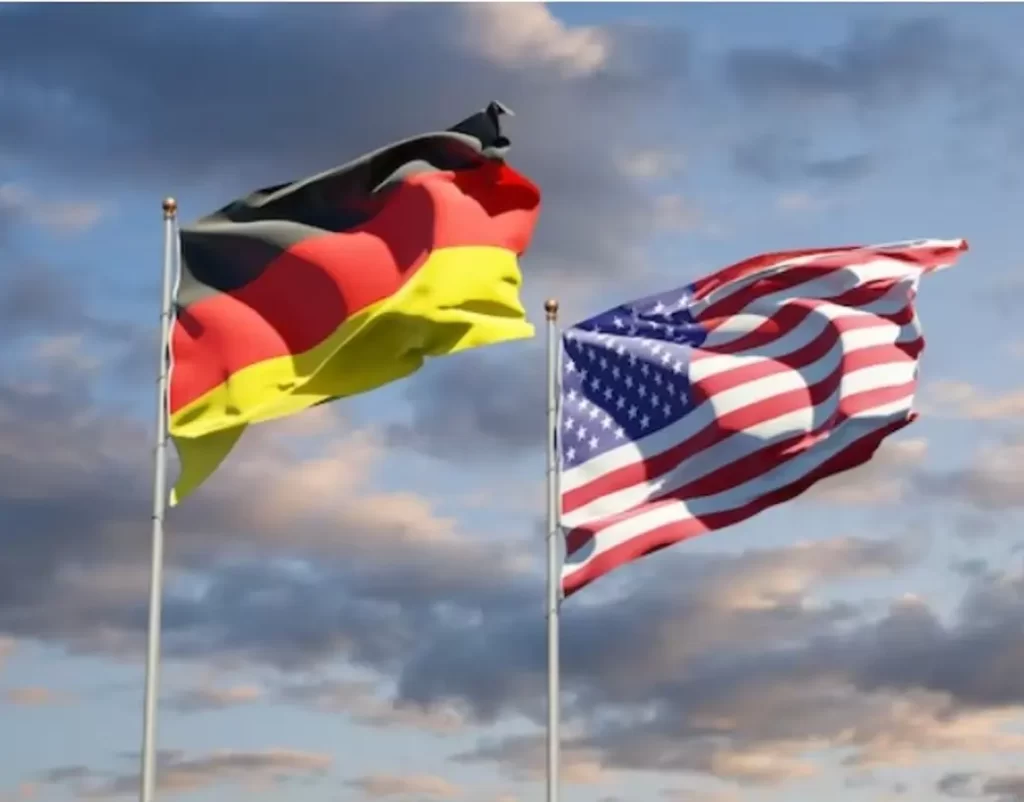
Berlin, January 22, 2025 – In a bold statement at the G7 summit, Germany’s Chancellor called on European nations to reduce their reliance on oil imports from the United States. The Chancellor emphasized the need for Europe to diversify its energy sources and bolster energy security amid shifting geopolitical dynamics.
“Europe’s energy future must be rooted in independence and resilience,” the Chancellor said during a press briefing. “We cannot afford to depend on any single country for critical resources, especially when global markets are so volatile.”
A Push for Energy Sovereignty
The Chancellor’s remarks reflect growing concerns across Europe about over-dependence on external energy suppliers. While the United States has been a key partner in providing liquefied natural gas (LNG) and crude oil to European markets, recent fluctuations in global energy prices and political tensions have reignited calls for a more self-reliant energy strategy.
Germany, the EU’s largest economy, has already taken significant steps toward reducing its reliance on fossil fuels by investing heavily in renewable energy projects. The Chancellor highlighted Germany’s Energiewende (energy transition) initiative as a model for other European nations to follow. “Renewables are not just an environmental imperative; they are a strategic necessity,” the Chancellor stated.
Broader Implications for the G7
The call for energy diversification is expected to dominate discussions at the G7 summit, where leaders are grappling with how to navigate a global economy increasingly shaped by decarbonization efforts and geopolitical uncertainty. European leaders are particularly concerned about ensuring a stable energy supply while meeting ambitious climate targets.
France and Italy have voiced support for Germany’s stance, with both countries citing the importance of regional cooperation in developing green energy infrastructure. “This is a pivotal moment for Europe,” said France’s President. “We must act collectively to secure our energy future.”
U.S. Response
The United States, which has significantly increased its energy exports to Europe in recent years, has yet to issue an official response to Germany’s remarks. Analysts predict that any shift away from U.S. energy imports could impact American producers, particularly as they face increasing competition from other suppliers, including the Middle East and Asia.
Path Forward
Germany’s call to action comes as Europe is investing heavily in renewable energy sources such as wind, solar, and hydrogen. The European Union recently unveiled a comprehensive Green Deal plan aimed at achieving carbon neutrality by 2050. The plan includes substantial funding for renewable energy projects and cross-border energy networks.
Read This : Cetoex Made Easy 8-Step Guide to Buying Crypto.
“Energy independence is not just about reducing reliance on the U.S.,” said a senior EU official. “It’s about creating a robust, sustainable energy ecosystem that can withstand global shocks.”
As the G7 summit continues, the focus on energy diversification underscores the growing urgency for Europe to redefine its role in the global energy landscape. Whether the continent can achieve greater autonomy while maintaining strong transatlantic ties remains to be seen, but the message from Germany is clear: Europe’s energy future must be in its own hands.
Do Follow Us On Social Media And Keep Reading And Become Our Members